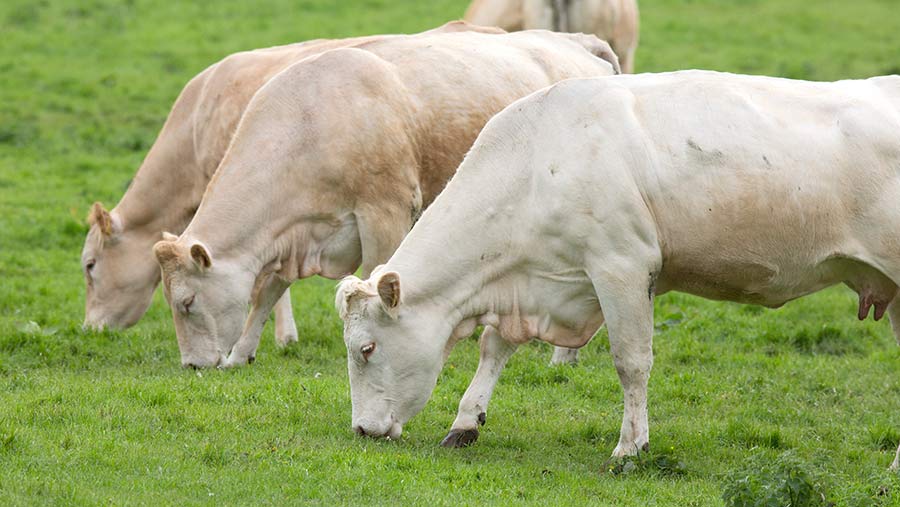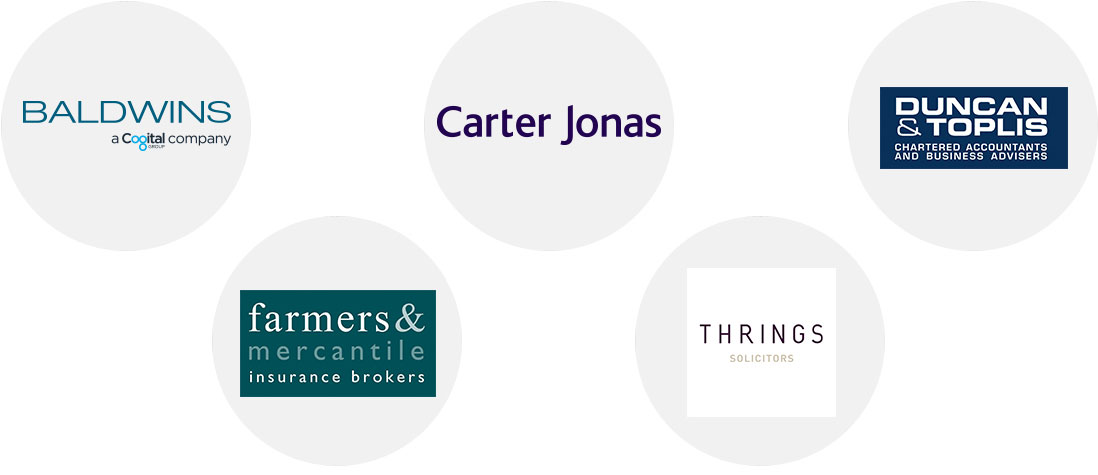Business Clinic: Will renting out land affect the capital gains tax position?
 © Tim Scrivener
© Tim Scrivener Whether it’s a legal, tax, insurance, management or land issue, Farmers Weekly’s experts can help. Here, Ian Smale of accountant Baldwins explains a capital gains tax issue
Q If someone sells land that is part of his farming business, and reinvests in more land and buildings within three years, I understand he can roll over the capital gains.
I have read in previous Business Clinic Q&As that he needs to continue trading on his new land/buildings.
If he ceased to trade after a few years, would the capital gains tax (CGT) become payable, or is there a length of time after which he could decide to, for instance, let out the fields to someone else?
A Where land that is sold has been used in someone’s farming business and the net sale proceeds (after deducting selling costs etc) are reinvested in full in replacement land and buildings that are brought into use in the business, the capital gain can be rolled over into the base cost of the replacement assets.
This defers the gain with no CGT payable on the disposal of the original land.
See also: Business Clinic – can I get IHT relief on gliding club land
Care should be taken if the land sold has not been used for the purposes of the trade throughout the period of ownership (excluding any period before 31 March 1982) as relief would then be restricted on a time apportioned basis.
Also, if the net sale proceeds were only partially reinvested in replacement land or other qualifying business assets, the gain that can be rolled over would be restricted accordingly.
Other qualifying assets for rollover relief purposes could include a furnished holiday letting property or a guesthouse and the replacement assets do not have to be used in the same trade where sole traders and partnerships are concerned.
The reinvestment of the proceeds must take place in the 12 months before or in the 36 months after the disposal of the old asset.
This time limit can be extended at HMRC’s discretion where there are extenuating circumstances, but this should not be relied upon.
The rollover relief rules require the replacement assets, in this case land and buildings, to be brought into use for the purpose of the trade immediately on acquisition.
However, there is no minimum period in which it must be used for the business and if the farmer were to cease trading and let out the fields a few years after acquiring the new land, this would not trigger a capital gains tax liability.
Any deferred gain would come back into charge on any subsequent disposal of the replacement assets, subject to further rollover relief claims etc.
Where the replacement assets are held until death the deferred gain would not come back into charge.
If the trade were to cease shortly after the purchase of the replacement assets this could give HMRC cause to question the validity of the rollover claim and possibly deny relief.
Do you have a question for the panel?
Outline your legal, tax, finance, insurance or farm management question in no more than 350 words and Farmers Weekly will put it to a member of the panel. Please give as much information as possible.
Send your enquiry to Business Clinic, Farmers Weekly, RBI, Quadrant House, The Quadrant, Sutton, Surrey SM2 5AS.
You can also email your question to fwbusinessclinic@rbi.co.uk.

